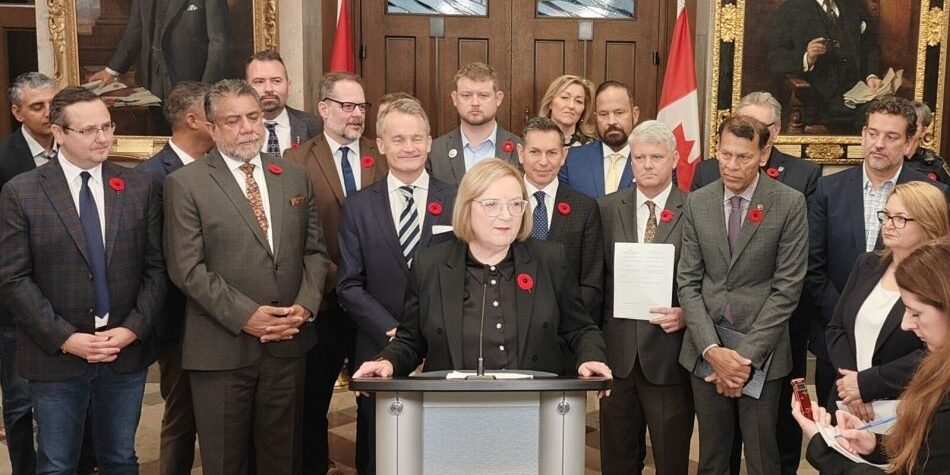“There are some exceptions to the legislation, including allowing employers to use scab labour if not doing so would put public health or safety at risk.”
And there it is. A loophole so big even the Evergiven couldn’t get stuck.
I can’t imagine there being that many jobs critical to public health and safety where there aren’t already mechanisms in place to allow for low-risk job action. It’s not like there is a glut of suitably trained people just waiting around to work as scabs.
So, yes, the only purpose of this exception is to allow companies to play games with strange and wondrous definitions of what constitutes “public health and safety”.
Also: The parties would have 15 days to come to an agreement. If they cannot come to an agreement, the CIRB would decide what activities need to be maintained within 90 days.
To be fair, this can be a good part of the legislative process.
Create a law that serves as a framework. Perhaps it’s overly broad or has loopholes, but it can’t really be challenged in court. Once you have legal precedent, you can create follow up laws to fine tune it and protect people in more specific ways.
This assumes you have the political and legislative will to continue to enact laws.
There is no place for scabs in any legislation except outright banning them.
Because we already have essential worker legislation that ensures public health and safety.
I don’t disagree and I don’t know how conservative the courts are in Canada, but generally the most important consideration is that laws can survive legal challenge.
If you go all in and the courts overturn it, you get nothing.
There’s a balancing act that’s an unfortunate reality for progressive legislators
It’s not that big. Someone will try to use it when I shouldn’t, it’ll get challenged in the courts and they’ll get a fine and some better clarification.
A fine much smaller than what they profited by breaking the law.
I don’t think it’s a loophole at all. AFAIK, most (maybe all?) of employees covered by that exception already aren’t legally allowed to strike anyways. So, for example, you don’t want a situation where if nurses strike illegally, it’s illegal to bring in replacements.
We don’t want a situation where workers have the full bargaining power of their labor?
If they’re so important, maybe we should just give them what they ask for.
I think it is a loophole but in the original sense. A hole in a castle wall used to help protect the castle (by being able to shoot out of it). It’s a hole in the legislation that helps defend it from attack. Ie it can’t be opposed for safety reasons, it can’t be suspended either for safety reasons.
I think I trust the courts to not let Starbucks off on that, at least.
Starbucks isn’t covered by this bill.
Parts of Amazon would be, but not all of it.
https://stlawyers.ca/blog-news/list-of-federally-regulated-industries-and-workplaces/
I think this is more a matter of they can’t instead of they won’t - i.e. they can only impose rules on industries that they have legislation in place to regulate. This should mean though, that if legislation were introduced to increase the number of federally regulated industries, that those would automatically fall under this bill as well.
They could add it to the actual labour code instead of making it standalone. Anything in the federal code becomes the baseline for provincial labour code. For example, every provincially regulated industry must provide at least 1/26 annual earnings as vacation pay, because it’s not legal to write a provincial code that is “less than” the federal code. Provinces like SK have bumped that to 3/52 for their provincially regulated industries, but cannot choose to reduce it below 1/26.
Christ, I can already hear the screeching fascists in Alberta and Sask about this thought already.
Don’t remind me. I live in SK. We’re not all wacky, but sometimes it feels that way.
TIL. Yeah, if it’s just those industries that’s pretty weaksauce. I guess at least it would be the courts deciding now instead of some anti-union government.
It’s about time.


